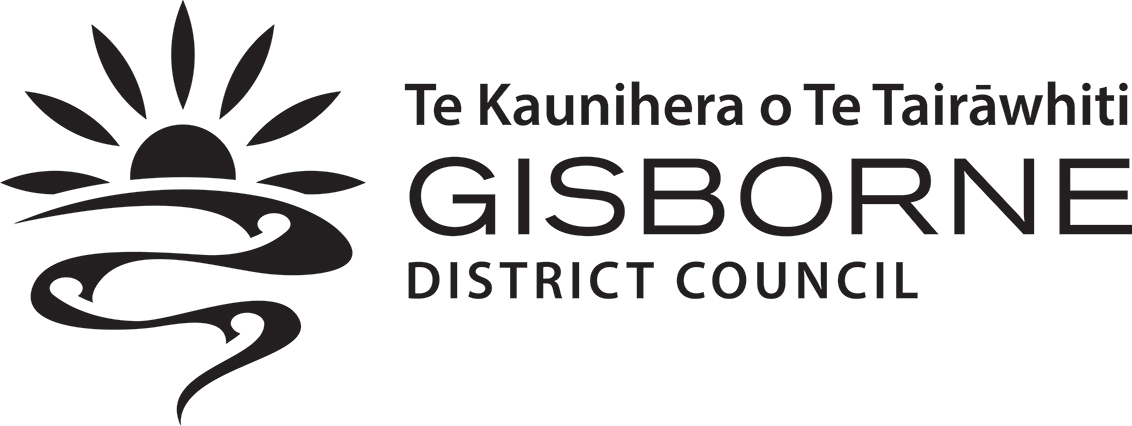23 October 2025
The Sustainable Land Use Transition Programme is a ten-year blueprint to help stabilise some of the most erosion-prone land in the country.
It is a regionally driven response to the severe impacts of erosion, slash and sedimentation that Tairāwhiti communities continue to experience with increasing frequency and cost.
Current land use practices are no longer sustainable. Around one million tonnes of soil is lost into rivers in Tairāwhiti every week, and the recovery bill from recent weather events is estimated at $1.2 billion.
We support forestry and farming done right – where land use matches land capability, where good practice is rewarded and where local knowledge leads the way.
While no other region in Aotearoa carries the level of erosion risk that Tairāwhiti has, no other community has also done more groundwork to solve it.
The Transition Advisory Group (TAG) – a Council-initiated group of local farmers, foresters, iwi, landowners and environmental practitioners – has worked together for the past 12 months to develop solutions to transition up to 100,000 hectares of erosion-prone land to permanent vegetation. Federated Farmers has been an active member of TAG throughout this process.
The first major milestone is complete: the Tairāwhiti Land Transition Guide. These guidelines provide practical, locally developed, science-backed options for landowners suited for different land uses. The mapping of the Indicative Transition Zone complements the Guide.
They are both non-regulatory tools, developed with local expertise and knowledge, and are intended to support landowners with planning and decision-making specific to their individual priorities for transitioning their whenua.
Both Council and Federated Farmers agree that without dedicated funding, the cost of transition will fall to landowners and ratepayers. That’s neither equitable nor feasible.
That is why Council and TAG are developing a regional Business Case and Delivery Plan – to seek co-investment from Government and other funding partners. This is about building long-term resilience, not spending millions after every flood on clean-ups that don’t address the cause.
We are also clear that to make meaningful progress reducing sediment and woody debris getting into our waterways, we need stronger rules in the Tairāwhiti Resource Management Plan (TRMP) around how erosion-prone land is managed.
As part of its TRMP plan review, Council is exploring property-specific Sustainable Land Use Plans (SLUP) as a way for landowners to plan transition of whenua to permanent vegetation cover, avoiding duplication with freshwater farm plan requirements.
Council is only in the early stages of investigating what the Plan change could involve, and this is dependent on further consultation with landowners to draft a proposal, and on securing an exemption to Plan Stop legislation.
Federated Farmers supports the content of the Transition Programme and sees the SLUP approach as a constructive alternative to top-down regulation.
Though the approach is not yet confirmed, the Business Case and Delivery Plan does emphasise the importance of landowners and Council working closely to plan for transition.
Over the coming months, Federated Farmers is keen support Council in its ongoing engagement with landowners, facilitating practical conversations so that any Plan changes developed, or delivery of the transition programme (if funding is successful) reflects the realities of farming and forestry in Tairāwhiti.
